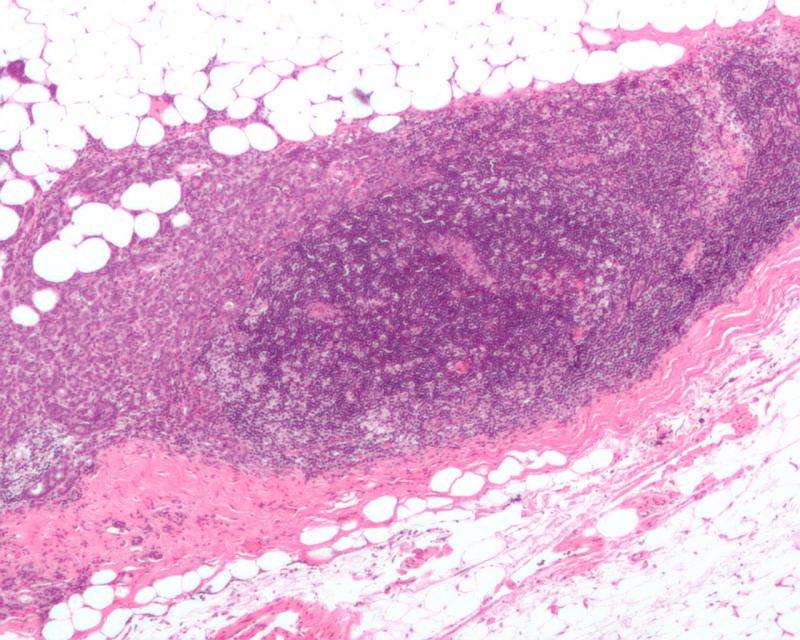Repurposing FDA-approved drugs can help fight back breast cancer

Screening Food and Drug Administration (FDA)-approved compounds for their ability to stop cancer growth in the lab led to the finding that the drug flunarizine can slow down the growth of triple-negative breast cancer in an animal model of the disease. Led by researchers at Baylor College of Medicine and the National Taiwan University College of Medicine, the team shows in the journal Scientific Reports proof of concept that this approach can potentially lead to the discovery of drugs in a way that is quicker and less expensive than traditional drug development strategies.
"We focused on finding ways to disrupt the effects of a class of protein called Ras, which are powerful drivers of a wide range of cancers. In this proof-of-concept study we have established a strategy to target N-Ras for therapy," said co-corresponding author Dr. Eric C. Chang, associate professor of molecular and cellular biology and the Lester and Sue Smith Breast Center in the Dan L Duncan Comprehensive Cancer Center at Baylor. "N-Ras drives a form of triple-negative breast cancer, a very aggressive form of cancer for which there is no targeted therapy available. So we thought that, if we could target one of the drivers, we might be able to make a contribution toward finding effective therapies."
Directly interfering with Ras proteins has proven to be difficult, Chang explains, "but this is important because RAS can drive resistance to other forms of treatments targeting downstream pathways." Therefore, he and his colleagues sought safe and approved compounds that can reduce the amount of N-Ras in cancer cells by altering the cell's natural ability to degrade this protein.
"Our assay allows us to visually determine which drugs promote N-Ras degradation," Chang said. "We tagged N-Ras proteins with a green fluorescent tag. If the fluorescent N-Ras proteins were destroyed, the fluorescence would be lost. These assays were conducted with an automated microscopy system in the laboratory of co-author Dr. Stephen Wong at the Methodist Hospital Research Institute."
Chang and his colleagues tested a number of FDA-approved compounds on their green cells. The drugs that made the green color disappear were those that degraded N-Ras in the cells and were potential candidates for further testing their effect on cancer growth. Of all the compounds they tested, flunarizine worked best in this test.
A potential new purpose for an old drug
"Flunarizine has been used in medical practice for decades to treat dizziness and vertigo and to prevent migraines," Chang said. "Our study shows a new function; it also can promote degradation of cancer-promoting N-Ras."
The researchers also tested the effect of flunarizine in a mouse model of triple negative breast cancer and found that it slowed down tumor growth. They also determined that flunarizine promotes N-Ras degradation by enhancing a natural cellular pathway called autophagy. This pathway was first discovered by the ability to provide cells a way to survive starvation by degrading and recycling cellular materials.
"Screening existing relatively safe drugs for new functions is a valuable strategy for identifying drugs that can potentially be used to treat diseases for which currently there are no available treatments," Chang said. "Reprograming pathways that degrade cellular materials may be an effective strategy to remove a cancer driver that is otherwise hard to target."
More information: Ze-Yi Zheng et al, Induction of N-Ras degradation by flunarizine-mediated autophagy, Scientific Reports (2018). DOI: 10.1038/s41598-018-35237-2




















